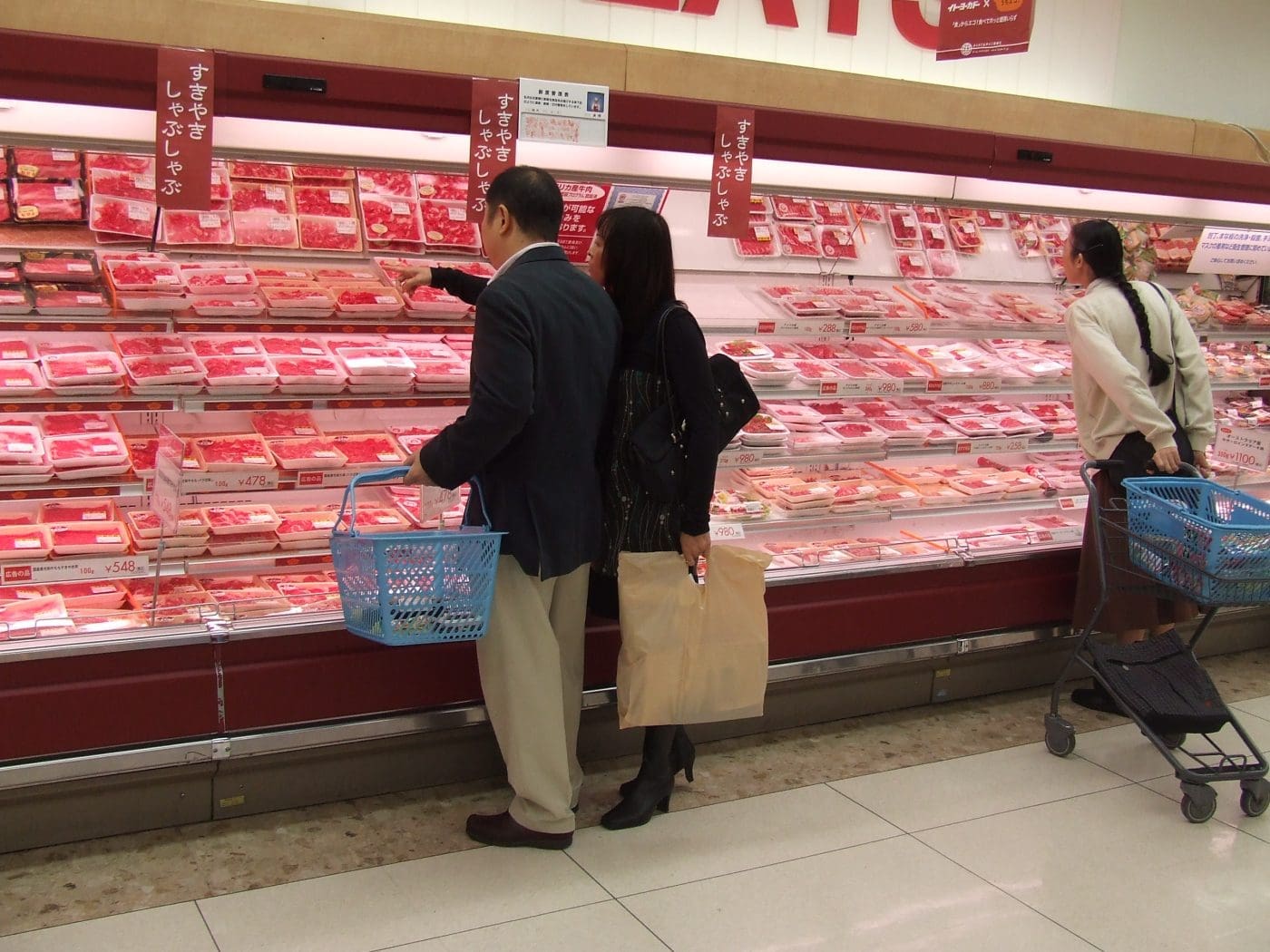Trade and Investment Minister Andrew Robb announced this morning that Australia’s Free Trade Agreement with South Korea will enter into force on 12 December 2014.
Beef Central reported on the ratification of the FTA deal in this article yesterday.
 Mr Robb’s announcement follows a vote on Tuesday night by the Korean National Assembly in support of the Korea-Australia Free Trade Agreement (KAFTA), and an ‘exchange of notes’ yesterday between Australia’s Ambassador in Seoul and the Korean Government, agreeing to the date for entry into force.
Mr Robb’s announcement follows a vote on Tuesday night by the Korean National Assembly in support of the Korea-Australia Free Trade Agreement (KAFTA), and an ‘exchange of notes’ yesterday between Australia’s Ambassador in Seoul and the Korean Government, agreeing to the date for entry into force.
Mr Robb said seeing KAFTA enter into force before the end of the year was an important objective of the Abbott Government.
“KAFTA’s entry into force at this time will mean that many Australian exporters will benefit from an immediate tariff cut by Korea, and a further tariff cut on 1 January 2015; shoring up our competitiveness in our third largest export market,” he said.
KAFTA is one of three landmark trade agreements concluded by the Abbott Government since taking office, with Japan and China FTAs completing the trifecta.
Under KAFTA, tariffs will be eliminated on 84 percent of Korea’s imports (by value) from Australia immediately on 12 December. On full implementation of the Agreement, 99.8pc of Australian goods exports will enter Korea duty free.
“KAFTA is expected to result in an annual boost to the economy of close to $650 million when fully implemented. It’s also projected to create many thousands of jobs over the next decade, helping to underwrite our prosperity for years to come,” Mr Robb said.
Given Korea is Australia’s fourth-largest trading partner – with bilateral trade worth more than $34 billion in 2013-14 – Mr Robb said KAFTA will increase export opportunities across a wide range of industries: from beef, wheat, sugar, dairy, wine, horticulture and seafood, to automotive suppliers, and the resources and energy industries. It will also open up significant opportunities for service providers.
KAFTA was signed in Seoul in April by Mr Robb and his Korean counterpart, Minister for Trade, Industry and Energy Yoon Sang-jik.
Industry welcomes decision
In a statement issued this morning, the Australian red meat industry welcomed the news that the Korea-Australia Free Trade Agreement (KAFTA) will enter into force on 12 December.
“The Australian red meat industry is very supportive of the KAFTA,” spokesman for the KAFTA Australian red meat industry taskforce, Stephen Kelly said.
“Not only is it seen as a mechanism for further improving the trading environment, but it is also a means to address the competitive disadvantage Australian beef faces vs beef imported by Korea from the United States (US) – Australia’s major competitor in the Korean market.”
US beef has been benefiting from tariff cuts following its 2012 FTA with Korea – with the previous 40% tariff on beef being eliminated over 15 years to 2026 and US beef facing a 32pc tariff (ie an 8pc tariff preference) from 1 January 2014.
“Entry into force on 12 December and the consequent first tariff cut for Australian beef will reduce the 8pc margin to a more commercially viable 5.3pc and ensure that the tariff differential is no greater than 5.4pc for the duration of the phased elimination period,” Mr Kelly said.
“The financial impact on the Australian beef industry of achieving entry into force in 2014, and thus benefiting from two successive tariff cuts within a short time frame (with the second cut due on 1 January 2015), will be positive to the tune of around $20m – $40m per annum.”
Australian sheepmeat, which currently faces a 22.5pc tariff, will also be a beneficiary via two successive tariff cuts, as will Australian offal (18-27pc tariffs) and further processed meat products (2-72pc tariffs).
Mr Kelly thanked the Minister for Trade and Investment, DFAT officials in Canberra and the Australian Embassy in Seoul for their combined efforts in achieving entry into force of the KAFTA as soon as possible.
“KAFTA will help Australian exports compete on a more level playing field as well as help secure the ongoing supply of Australian beef for Korean consumers in what is becoming a highly competitive global protein market,” Mr Kelly said.
- A guide for exporting and importing goods under KAFTA, including customs procedures, and step-by-step advice for business ahead of entry into force, can be found here.
